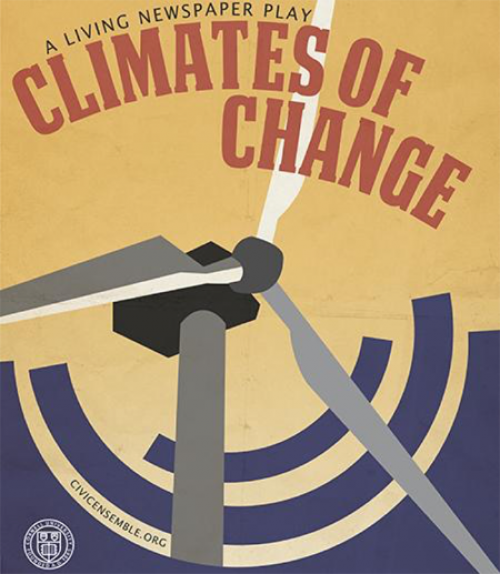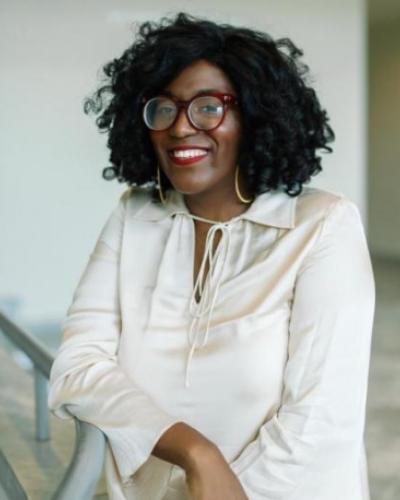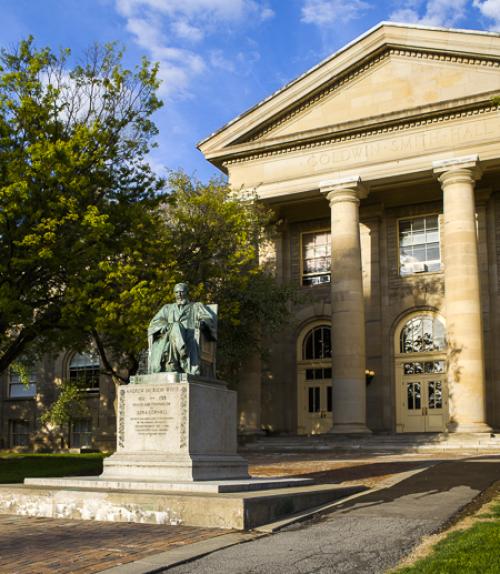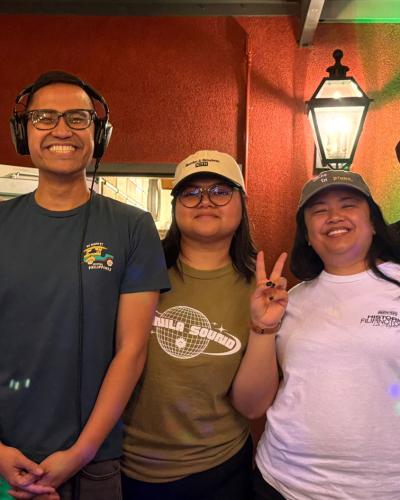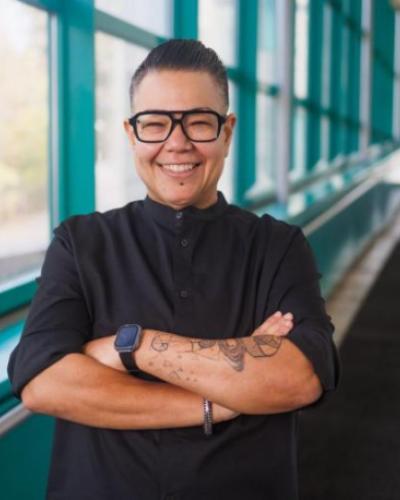 Department Homepage
The College of Arts & Sciences
Department Homepage
The College of Arts & Sciences
New collaborative theatre course focuses on climate change in the Finger Lakes
Climate science, theater, and civic engagement come together in an interdisciplinary setting in a new performing and media arts course that culminates in a multimedia performance this week.
